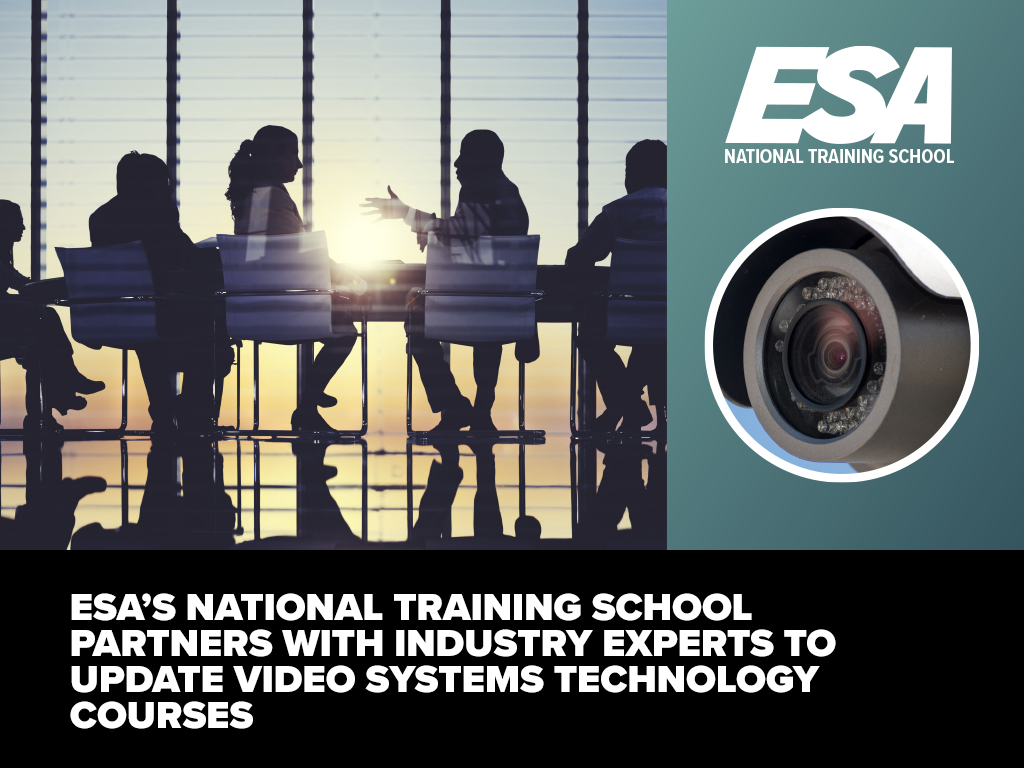Key Concepts for Effective Project Management

Effective project management is a competitive advantage. Imagine your projects excelling on all key performance indicators, finishing on time and causing you less stress; this scenario could be your reality with a superstar project manager on your team.
According to CIO, organizations using proven project management practices wasted 28 times less money than those who did not implement proven practices. A good project manager can improve employee performance, help teammates, increase productivity and provide new insights on strategies and products. As a result, your company could see less turnover and an enhanced reputation.
To prepare a promising candidate in your company for this high-leverage role, ESA’s National Training School offers its Managing Projects Effectively course. This course covers key concepts all project managers will need in their roles to function effectively. Project managers should keep the following concepts from the course in mind to maintain their effectiveness.
According to CIO, organizations using proven project management practices wasted 28 times less money than those who did not implement proven practices.
Key Concepts for Project Managers
How to Calculate and Understand Return on Investment (ROI)
Good project managers understand key performance indicators and evaluate the effectiveness of their projects against them religiously. A review of the basic concept of ROI is a great way to ensure project managers are keeping in mind the company’s bottom line.
How to Calculate and Understand Total Cost of Ownership (TCO)
This management accounting concept helps project managers see the bigger picture when planning projects and estimating associated costs. TCO helps project managers avoid thinking in the short term, so that projects will benefit your company for years to come instead of saddling your company with unexpected expenses.
Differentiating between TCO and Total Cost of Acquisition (TCA)
These two concepts both define the costs associated with a project or purchase, but each can apply to different scenarios. It is important for project managers to have a deep understanding of these two ideas and know when to use which measurement for your business.
Applying Effective Project Management Techniques and Methodologies
In addition to financial acumen, a project manager should be equipped with proven techniques and methodologies for tracking progress and motivating team members toward completing shared goals. There are many different methodologies to try, including Critical Path Method, Waterfall and Critical Chain Project Management, each of which have their own advantages and disadvantages, and are better suited to different teams and types of projects. It is important for a project manager to have options at their disposal and understand which method will bring the best results for your company.
If you are eager to develop a project management role in your company, the Managing Projects Effectively course from NTS offers what you need to get your promising candidate started on the right path to effective project management. The course is also worth continued education credits toward licensing requirements in certain states.




